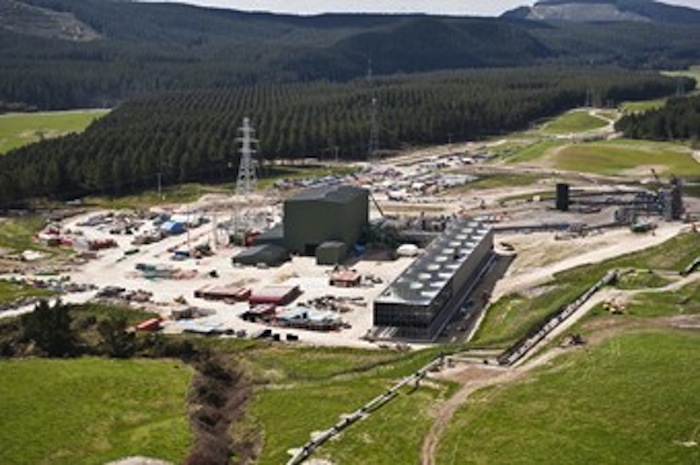NZ Mighty River Power: price rises needed for new investments

New Zealand based Mighty River Power states that retail electricity prices would need to rise to support investments into new and more expansive generation projects.
Reported from New Zealand, “Retail electricity prices need to rise to support more expensive new generation projects, Mighty River Power Ltd said at its annual meeting.
Chief executive Doug Heffernan said that growth in electricity demand in the last three years has been well below the historic average of 2%, with essentially no growth since the onset of the global financial crisis in autumn 2007.
During this time 5850GWh per annum has been added to the supply side, improving New Zealand’s ability to cope with hydro and wind variability in electricity generation.
Due to soft demand conditions, a large number of consented generation developments would now come to market much later than previously projected, Dr Heffernan said.
To recover costs over the life of the projects there would need to be upward retail price movement to support new investment, he said.
State-owned Mighty River Power is New Zealand’s fourth largest electricity generator by capacity and third largest retailer by customer numbers. It is one of the ten largest geothermal companies globally and through an international partner GeoGlobal Energy is investing in offshore geothermal developments.
Chairwoman Joan Withers said earnings before interest, tax, depreciation, amortisation and financial instruments of $327.8 million in the year to June 30, 2010 was within a forecast range but was 27% down on last year’s record result. This was due to significantly reduced hydro volumes and lower wholesale prices and higher operating expenses due to increased power station maintenance.
The lower than planned ebitaf meant that the return on capital employed was below target at 8.2% but the 9.7% return on equity exceeded the target specified in the statement of corporate intent.
“Firstly, our generation assets were not as available for use as planned due to a higher number of forced outages. This was a result of the more stressful conditions due to the drought requiring us to run the plants harder than normal, which in turn created forced maintenance.
“We also experienced a well failure at Kawerau that had an impact. However, we are pleased to report that Kawerau will be restored to full capacity this month,” Ms Withers said.
The company plans to focus on preventative plant maintenance to improve plant availability.
The company also said that further allocation from Waikato Hydro System would transfer value from people and businesses of New Zealand to a small number of irrigators.”
Source: National Business Review